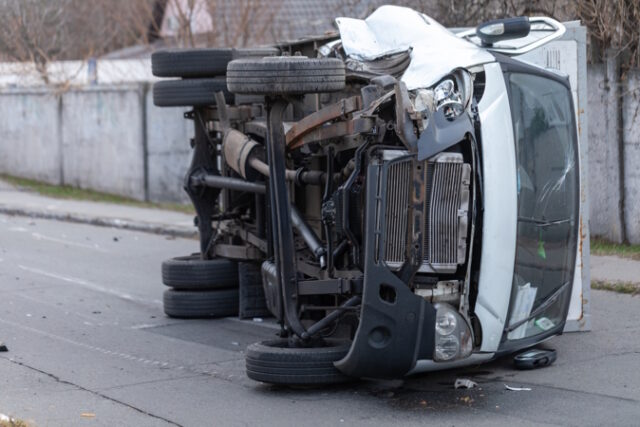
If you’ve been in a trucking accident, you’re likely wondering if you’re eligible for compensation. Chances are, you are. However, many people must take the proper measures to ensure they receive the highest compensation after an accident. Additionally, several crucial factors can influence compensation in a truck accident, and knowledge of these factors can drastically improve your chances of receiving more.
If you’ve been in a recent trucking accident in Florida, consider enlisting the help of a qualified Florida truck accident lawyer. In the meantime, use this guide to address the factors influencing your compensation.
Your Losses, Damages and Injuries
You’ll have to show proof of your injuries or damages to claim compensation. For this reason, having an attorney can be an advantage. An attorney can help you collect medical bills, documentation, and accident reports claiming your money.
The settlement amount may include economic losses and non-economic losses.
Economic losses include:
- Medical costs and prescriptions
- Transportation to and from the accident and medical visits
- Surgeries or therapy
- Caregiving needs
- Medical equipment cost
- Wages (current and future)
Non-economic losses may also include:
- Loss of companionship
- Pain and suffering
- Emotional distress
- Inconvenience
- And more
Your Evidence and Accident Scene Investigation
After an accident happens, the police and attorneys will investigate the scene. Having an attorney is a good idea since a lawyer can help you gather the correct information and organize evidence. For example, skid marks, impact angles, and traffic lights can be crucial evidence in your case.
Comparative Fault
According to Consumer Notice, comparative negligence (or fault) is a crucial determinant of your compensation after a truck accident. Comparative negligence refers to how much of the accident was your fault.
For example, if you are 20% responsible for the accident, that amount is deducted from your total settlement amount.
Comparative fault can get complicated in certain states where modified laws affect your compensatory amount. Some states follow a 50% or 51% rule, meaning that you will not receive compensation if your fault exceeds the specified amount.
Florida uses a “pure” comparative fault method, whereby your responsibility for the accident corresponds to the amount deducted from your final settlement.
It is helpful to consult an attorney to learn more about local laws.
Insurance Policy Limits for the Trucking Company and Driver
Insurance companies often determine how much compensation you will receive. Because insurance companies aim to make as much money as possible, they will likely wait to accept your requested settlement.
They will often underestimate the value of your losses and try to lowball you. They might even try to get you to see one of their doctors or hire their investigators to conduct appraisals of the accident scene.
An insurance company may focus on your part in the situation rather than acknowledging others involved, and they may attribute certain events and losses to your negligence. It’s essential to know how to negotiate with insurance companies and their representatives or hire someone who does.
Damage Caps and Litigation
Other state-specific factors can influence your truck accident settlement. Many states have damage caps on how much trucking accident victims can claim for their losses. These caps are different in every state, so research is vital to manage your expectations.
Additionally, litigation can be costly for both parties involved, so insurers may prefer to settle outside of court when threatened by litigation. Again, each situation has its unique factors, so it’s best to know your local laws or enlist the help of someone qualified to do so.












